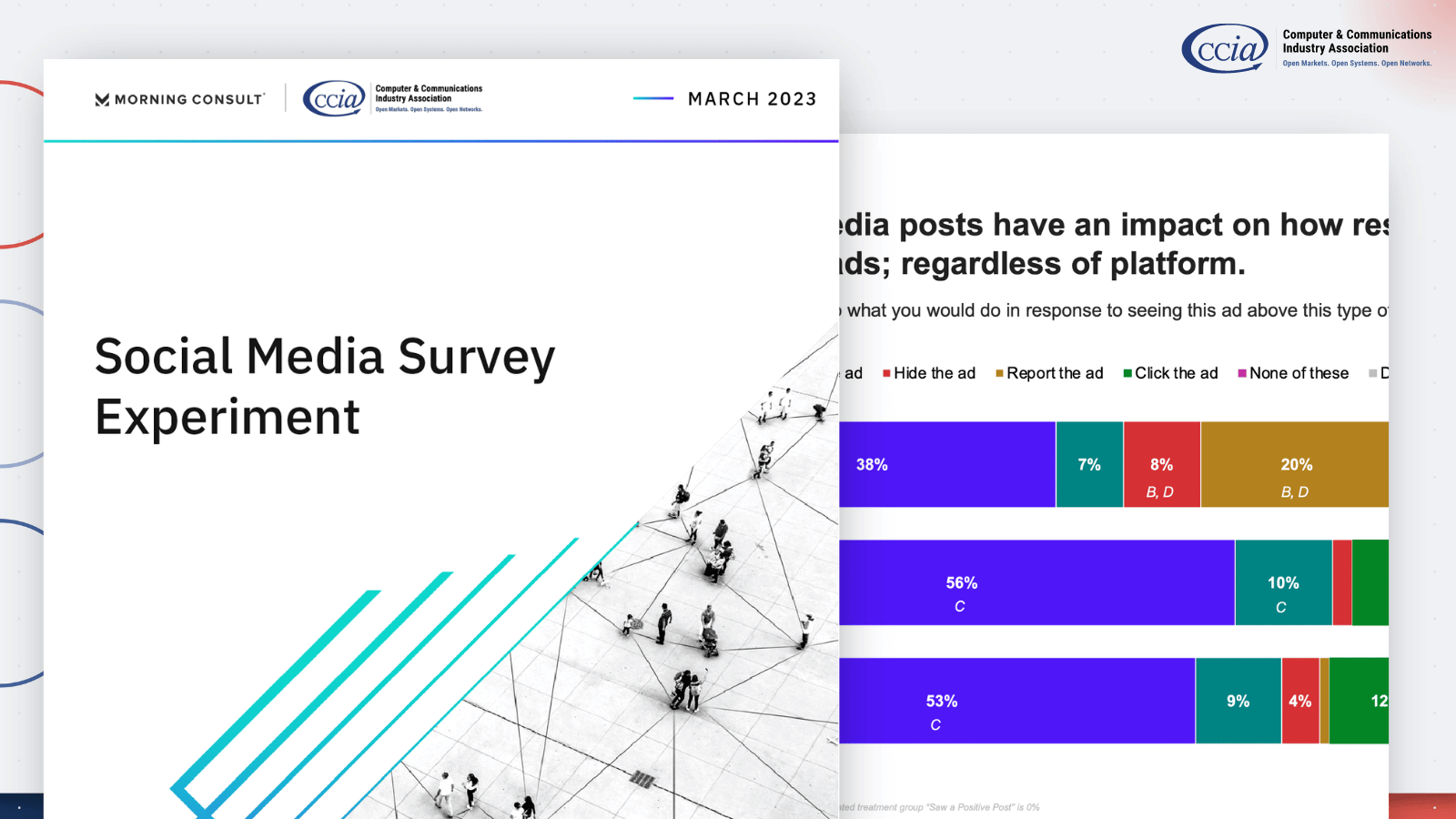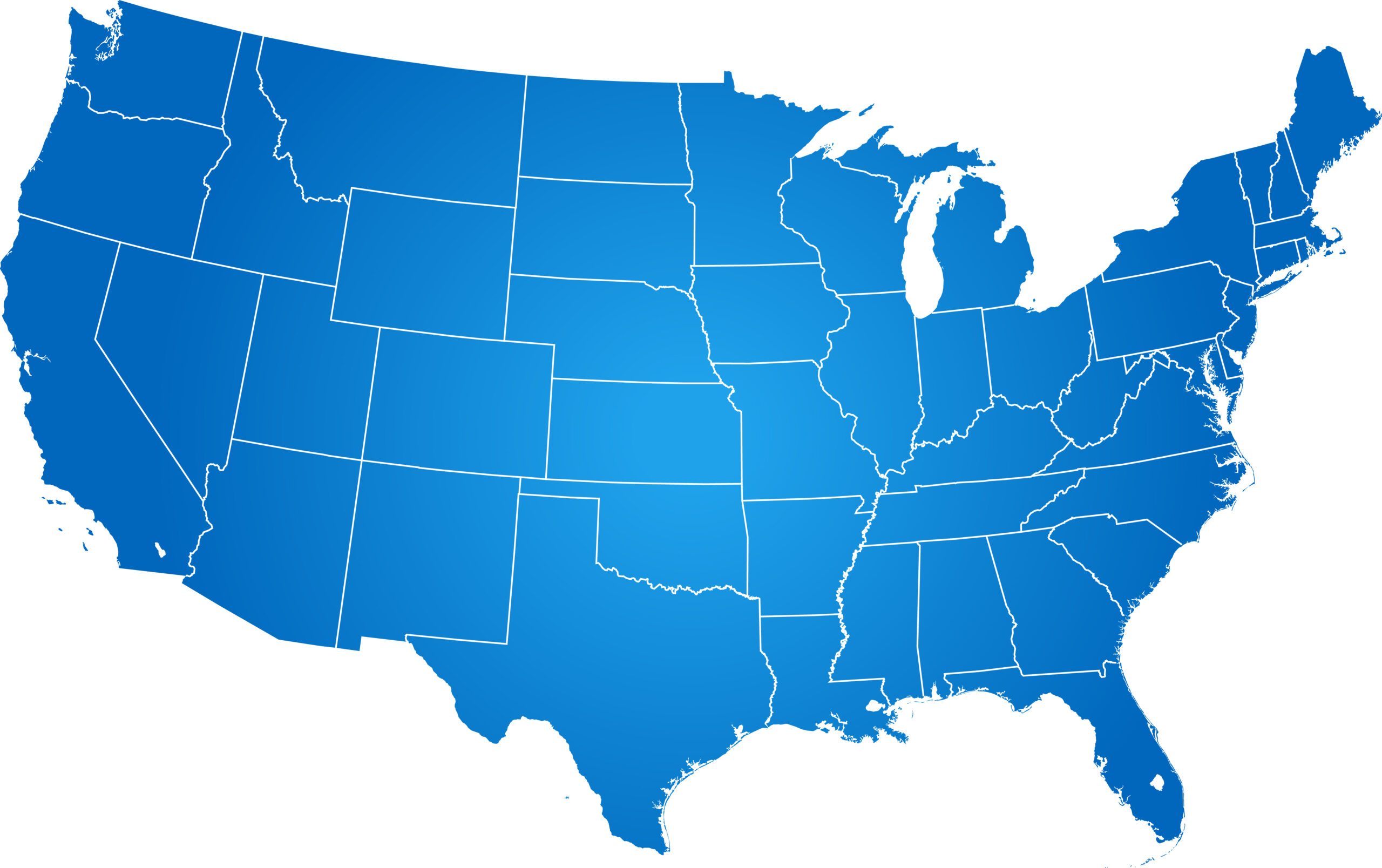Crucial USMCA Intermediary Protections Are Consistent with U.S. Law
In a historic moment, the USMCA was signed by the United States, Mexico, and Canada in a November 30 ceremony in Argentina, on the sidelines of the G20 summit. Assuming Congress approves the Administration’s signature trade deal, it would represent a step forward on digital trade compared to previous FTAs. Support from tech constituencies for USMCA has been largely due to the inclusion of intermediary protections in particular. [1] [2] [3] [4] There is consensus among many technology stakeholders about the importance of this aspect of U.S. law to their business success. [1] [2] [3] [4]
However, this progress has been criticized by a handful of commentators who are under the misimpression that inclusion of these longstanding protections will lead to political bias, or represent a departure from current U.S. law. (For more on why neither Section 230 nor the USMCA provision are enablers of political bias, see this post by NetChoice’s Carl Szabo.)
Despite these claims, the USMCA intermediary liability provision is fully consistent with U.S. law and no changes are required. Furthermore, USMCA won’t affect how U.S. law, including Section 230, is interpreted by U.S. courts. Trade agreements often export domestic law, with varying levels of specificity, without needing to match the underlying law word for word, and without affecting the meaning of domestic law.
Below are the intermediary protection provisions found in Section 230 and USMCA, with identical text in bold. Much of the text is identical — and what isn’t is functionally equivalent. USMCA does not need to contain the exact text of 47 U.S.C. § 230 for it to be consistent with U.S. law. And some of the language that it leaves out would be out of place in a trade agreement, like the “obscene, lewd, lascivious, filthy, excessively violent, harassing” adjectives.
| USMCA Article 19.17.3 | 47 U.S.C. § 230(c)(2) |
| No Party shall impose liability on a supplier or user of an interactive computer service on account of: (a) any action voluntarily taken in good faith by the supplier or user to restrict access to or availability of material that is accessible or available through its supply or use of the interactive computer services and that the supplier or user considers to be harmful or objectionable; or (b) any action taken to enable or make available the technical means that enable an information content provider or other persons to restrict access to material that it considers to be harmful or objectionable. |
No provider or user of an interactive computer service shall be held liable on account of— (A) any action voluntarily taken in good faith to restrict access to or availability of material that the provider or user considers to be obscene, lewd, lascivious, filthy, excessively violent, harassing, or otherwise objectionable, whether or not such material is constitutionally protected; or (B) any action taken to enable or make available to information content providers or others the technical means to restrict access to material described in paragraph (1) |
One article appears to argue that “otherwise objectionable” in § 230(C)(2)(A) should be read narrowly in light of the preceding adjectives, and that not including those adjectives USMCA Article 19.17.3 creates the potential for censorship of political views that Internet services might find “objectionable.” However, Professor Eric Goldman, a “leading expert” in Internet law (and author of a long-running and influential Internet law blog) explains that courts have regularly interpreted “otherwise objectionable” in § 230(c)(2) to be broader than the preceding categories of problematic content.
Of course, this language is not without bounds. Section 230(c)(2) has been applied in appropriately limited ways under U.S. law. For example, this provision has been interpreted to allow providers to block spam and malware because such content is “otherwise objectionable” from the provider’s perspective, but the “good faith” aspect of the provision mitigates concerns that a provider will use this provision to take nefarious action on content.
By drawing the United States’ neighbors and trading partners closer to the longstanding U.S. legal approach on intermediary protections, USMCA represents a significant accomplishment. Given the significance of these intermediary protections to U.S. digital exporters, their inclusion in USMCA is important progress for digital trade.








